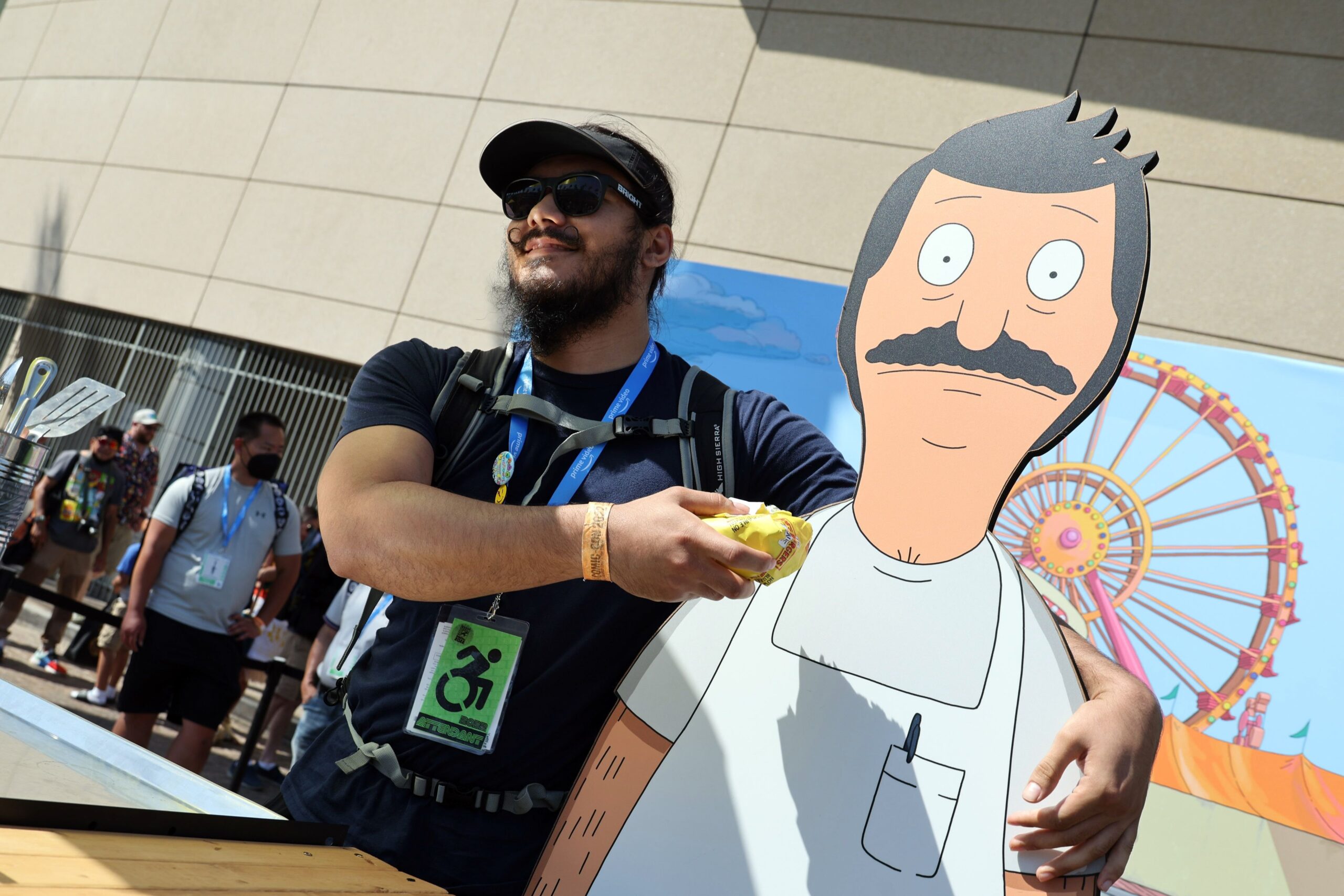Thanksgiving is destined to be uncomfortable this year. If you are able to safely gather with loved ones, bitter conservative relatives are almost guaranteed to dampen the mood. Meanwhile, for those of us spending Turkey Day alone this year, it may be nice to escape to alternate TV universes, where the dysfunctions of Thanksgiving 2020 […]

